About Trojan.ciusky.gen.13
You probably have a generic trojan infection on your computer if your anti-virus software is identifying something with the name Trojan.ciusky.gen.13. We should say that trojans are dangerous device threats that should definitely be taken seriously. A trojan contamination could lead to stolen information, extra viruses and even a ransomware contamination. 
Because it isn’t a small contamination, get rid of it if your anti-virus application detects Trojan.ciusky.gen.13. Trojans try to avoid notice for as long as possible. If the threat isn’t noticed instantly, by the time it’s obvious, your data might be stolen, files taken for hostage or even deleted.
If you are susceptible to opening email attachments, downloading pirated content or browsing malicious pages, that is how you probably ended up with the trojan. We suggest you make alterations to your browsing manners after you erase Trojan.ciusky.gen.13 if you think your machine acquired the trojan because of them.
Trojan infection methods
If you have used torrents to obtain free copyrighted content, that might be how the trojan managed to contaminate your computer. Torrents are not managed, and a lot of malicious software is concealed as TV shows or films by malicious software distributors.
If you tend to open files added to emails, that may also be how you infected your system. You’ll frequently see senders of those emails pretending to be from real, famous companies so as to essentially force the user to open the file. These types emails usually use different tactics to prompt users to urgently open the attached file. It’s enough to open the file that’s contaminated, and the malicious program may then start doing what it was programmed to do.
Is Trojan.ciusky.gen.13 harmful
Kaspersky, ESET, Malwarebytes, TrendMicro, Windows Defender and other security programs will identify a certain generic trojan as Trojan.ciusky.gen.13. Since the detection name does not supply many details about the infection besides that it is a trojan, determining how much damage it may do to your computer is difficult. But knowing what trojans mostly do, your files/documents stolen could be possible. What is troubling is this is that trojans operate silently, meaning you might not notice anything amiss.
Trojans might also open a door for other malware, so more malware may be brought about by a trojan that remains unattended.
Trojan.ciusky.gen.13 deletion
Because you ended up on this site, we presume that you have a malware removal application that is finding Trojan.ciusky.gen.13. It might not be able to remove Trojan.ciusky.gen.13, in spite of having little problem with its identification. You might have to do everything yourself manually, or install different anti-virus software to erase Trojan.ciusky.gen.13. Your anti-virus application could also be identifying something by mistake, making Trojan.ciusky.gen.13 a false positive.
Offers
Download Removal Toolto scan for Trojan.ciusky.gen.13Use our recommended removal tool to scan for Trojan.ciusky.gen.13. Trial version of provides detection of computer threats like Trojan.ciusky.gen.13 and assists in its removal for FREE. You can delete detected registry entries, files and processes yourself or purchase a full version.
More information about SpyWarrior and Uninstall Instructions. Please review SpyWarrior EULA and Privacy Policy. SpyWarrior scanner is free. If it detects a malware, purchase its full version to remove it.

WiperSoft Review Details WiperSoft (www.wipersoft.com) is a security tool that provides real-time security from potential threats. Nowadays, many users tend to download free software from the Intern ...
Download|more


Is MacKeeper a virus? MacKeeper is not a virus, nor is it a scam. While there are various opinions about the program on the Internet, a lot of the people who so notoriously hate the program have neve ...
Download|more


While the creators of MalwareBytes anti-malware have not been in this business for long time, they make up for it with their enthusiastic approach. Statistic from such websites like CNET shows that th ...
Download|more
Quick Menu
Step 1. Delete Trojan.ciusky.gen.13 using Safe Mode with Networking.
Remove Trojan.ciusky.gen.13 from Windows 7/Windows Vista/Windows XP
- Click on Start and select Shutdown.
- Choose Restart and click OK.

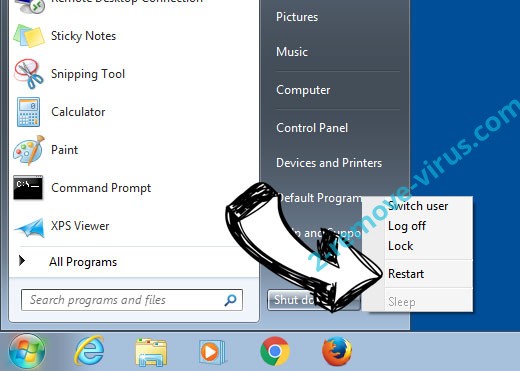
- Start tapping F8 when your PC starts loading.
- Under Advanced Boot Options, choose Safe Mode with Networking.

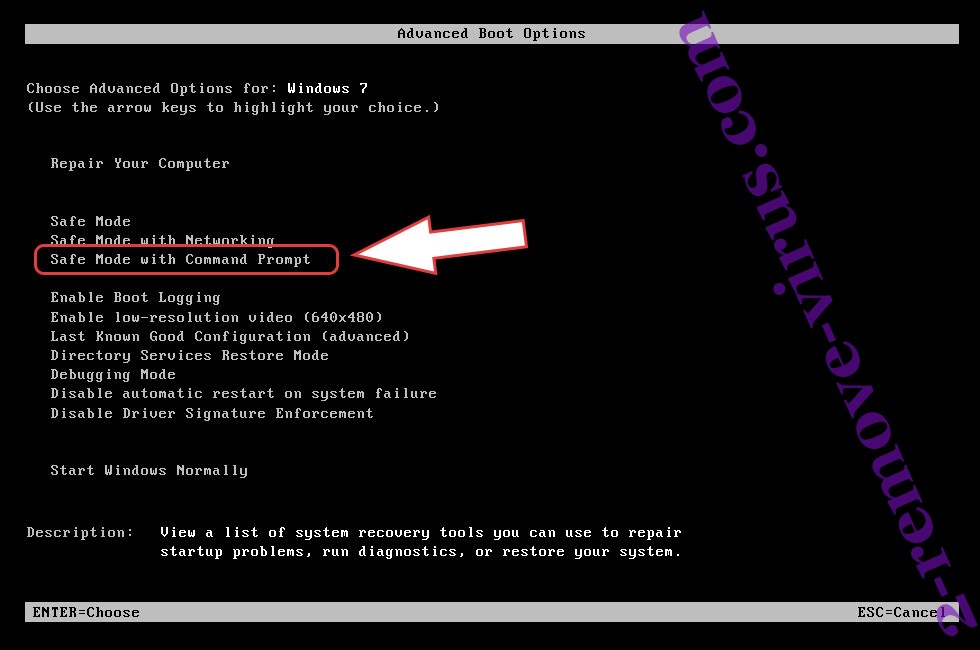
- Open your browser and download the anti-malware utility.
- Use the utility to remove Trojan.ciusky.gen.13
Remove Trojan.ciusky.gen.13 from Windows 8/Windows 10
- On the Windows login screen, press the Power button.
- Tap and hold Shift and select Restart.

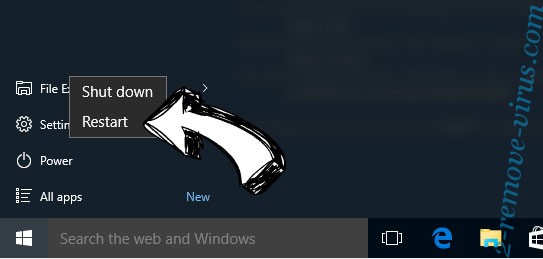
- Go to Troubleshoot → Advanced options → Start Settings.
- Choose Enable Safe Mode or Safe Mode with Networking under Startup Settings.

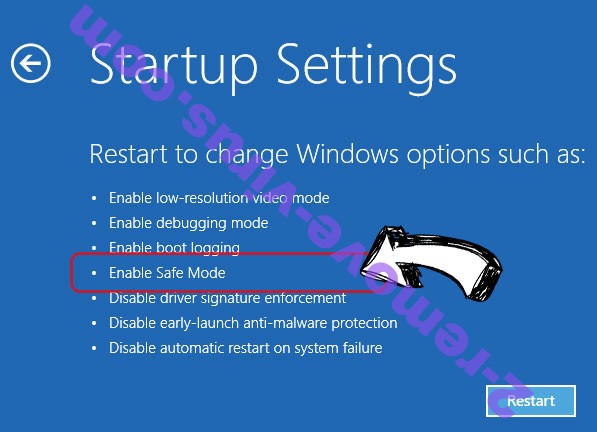
- Click Restart.
- Open your web browser and download the malware remover.
- Use the software to delete Trojan.ciusky.gen.13
Step 2. Restore Your Files using System Restore
Delete Trojan.ciusky.gen.13 from Windows 7/Windows Vista/Windows XP
- Click Start and choose Shutdown.
- Select Restart and OK


- When your PC starts loading, press F8 repeatedly to open Advanced Boot Options
- Choose Command Prompt from the list.

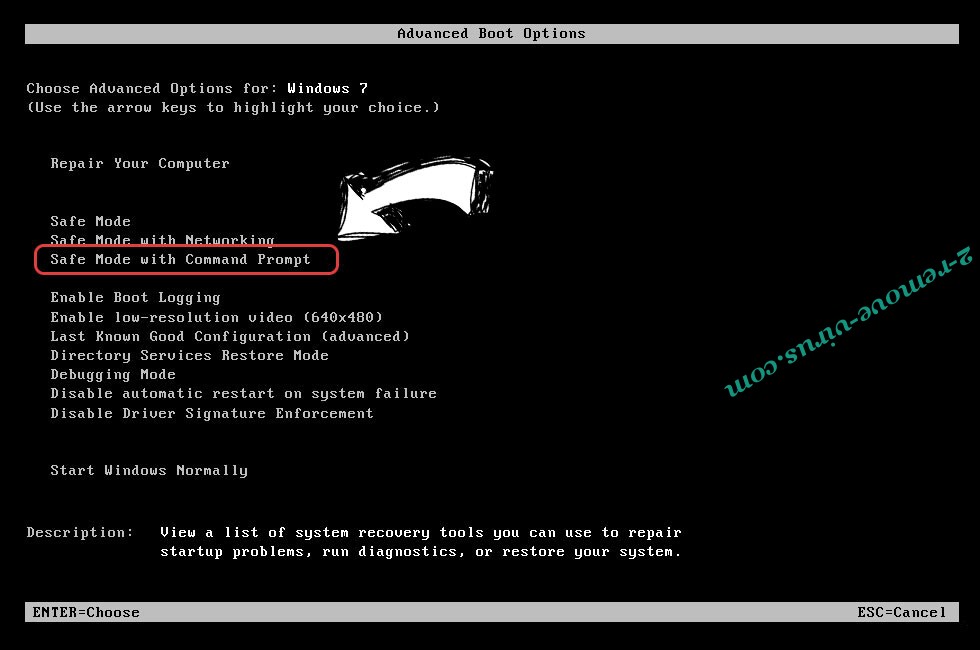
- Type in cd restore and tap Enter.

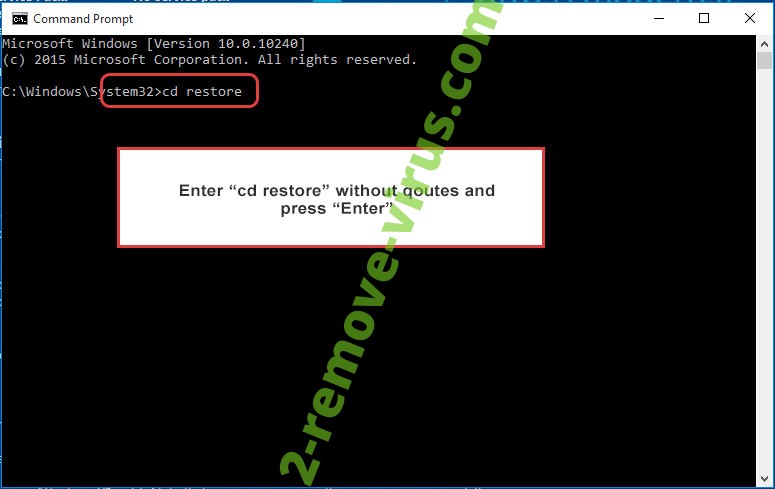
- Type in rstrui.exe and press Enter.

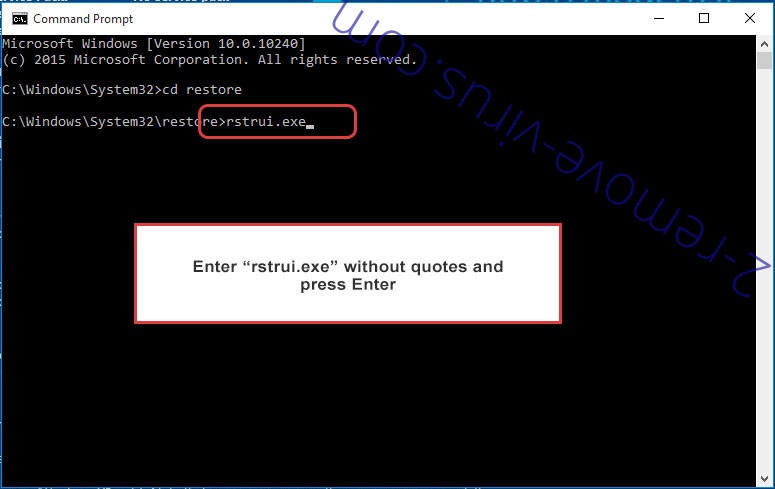
- Click Next in the new window and select the restore point prior to the infection.

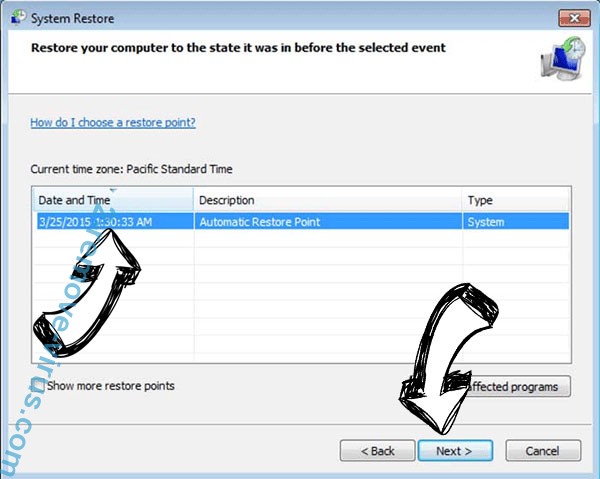
- Click Next again and click Yes to begin the system restore.

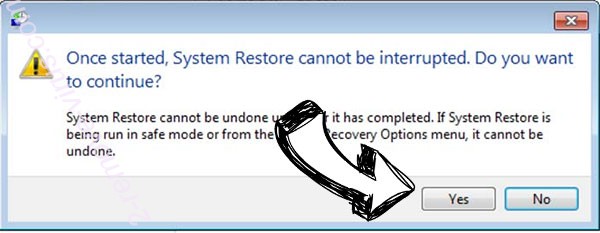
Delete Trojan.ciusky.gen.13 from Windows 8/Windows 10
- Click the Power button on the Windows login screen.
- Press and hold Shift and click Restart.


- Choose Troubleshoot and go to Advanced options.
- Select Command Prompt and click Restart.

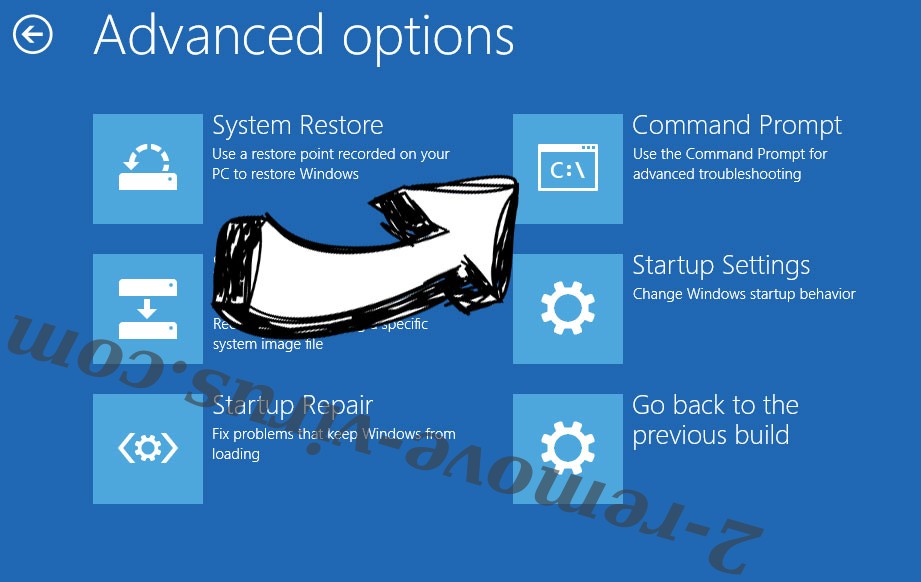
- In Command Prompt, input cd restore and tap Enter.


- Type in rstrui.exe and tap Enter again.


- Click Next in the new System Restore window.

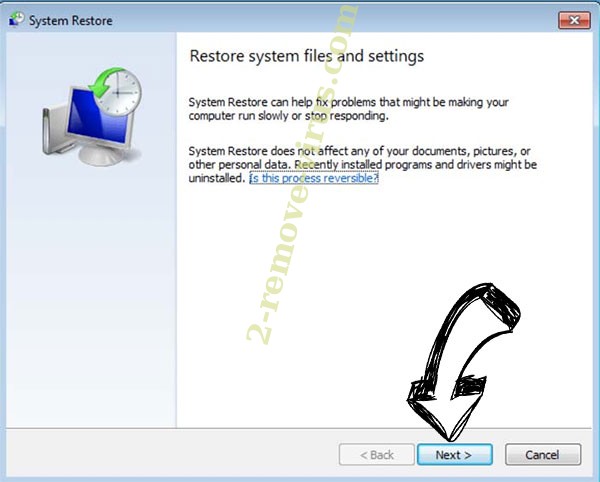
- Choose the restore point prior to the infection.


- Click Next and then click Yes to restore your system.


Site Disclaimer
2-remove-virus.com is not sponsored, owned, affiliated, or linked to malware developers or distributors that are referenced in this article. The article does not promote or endorse any type of malware. We aim at providing useful information that will help computer users to detect and eliminate the unwanted malicious programs from their computers. This can be done manually by following the instructions presented in the article or automatically by implementing the suggested anti-malware tools.
The article is only meant to be used for educational purposes. If you follow the instructions given in the article, you agree to be contracted by the disclaimer. We do not guarantee that the artcile will present you with a solution that removes the malign threats completely. Malware changes constantly, which is why, in some cases, it may be difficult to clean the computer fully by using only the manual removal instructions.
